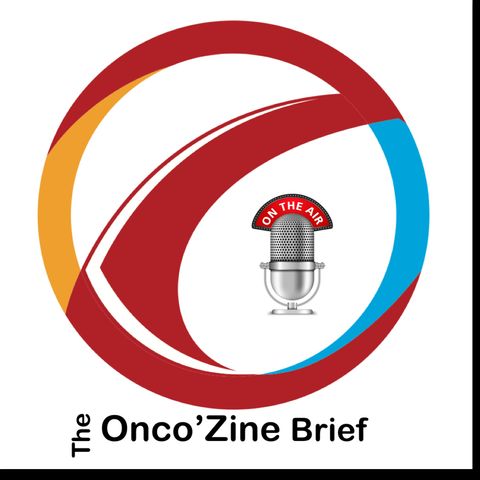Advancing CAR T-cell Therapy in Difficult to Treat Cancers: An Interview with Precigen’s Helen Sabzevari

Download and listen anywhere
Download your favorite episodes and enjoy them, wherever you are! Sign up or log in now to access offline listening.
Description
In this edition of The Onco’Zine Brief, Peter Hofland talking with Helen Sabzevari, the president of Precigen. Precigen is a biopharmaceutical company dedicated to the discovery and clinical-stage development of...
show morePrecigen is a biopharmaceutical company dedicated to the discovery and clinical-stage development of the next generation of gene and cell therapies using precision technology. The company is developing novel therapeutic agents that are designed to target the most urgent and difficult diseases in immuno-oncology, autoimmune disorders, and infectious diseases.
During the second part of the virtual meeting of the American Association of Clinical Research – AACR - being held June 22 to June 24, 2020, the company presented preclinical results of an investigational drug called PRGN-3005 which is being developed for the treatment of patients with advanced, recurrent platinum-resistant ovarian cancer.
And there is a large unmet medical need for these patients.
Worldwide, nearly 300,000 women are diagnosed with ovarian cancer every year with approximately 22,000 of them in the US.
Since early ovarian cancer is often without obvious symptoms, the disease is frequently diagnosed at an advanced stage where cancer has spread to distant parts of the body, such as the liver or lungs.
Five-year survival rates depend on stage and type of ovarian cancer with rates decreasing for advanced-stage cancers that have spread to distant parts of the body.
The novel drug being developed by Precigen is a new kind of CAR T-cell therapy.
CAR T-cell therapy is a form of immunotherapy that uses specially altered T cells — a part of the immune system — to fight cancer.
Traditionally a sample of a patient's T cells are collected from the patient’s own blood, then modified to produce special structures called chimeric antigen receptors (CARs) on their surface. When these CAR T cells are reinfused into the patient, the new receptors enable them to latch onto a specific antigen on the patient's tumor cells and kill them.
In addition to the standard CAR-T-cell therapies which are approved and commercially available in the United States, different forms CAR T-cell therapies have been developed
This includes the so-called ‘off-the-shelve’ CAR T-cell – which are in clinical development.
In our interview today, we talk with Helen Sabzevari about Precigen’s approach in the development of their CAR T-cell therapy, which is unique and different from the traditional and the ‘off-the-shelve’ approach.
Information
| Author | Peter Hofland |
| Organization | Peter Hofland |
| Website | - |
| Tags |
Copyright 2024 - Spreaker Inc. an iHeartMedia Company

Comments